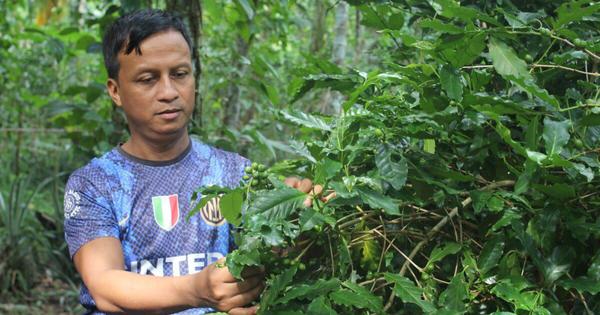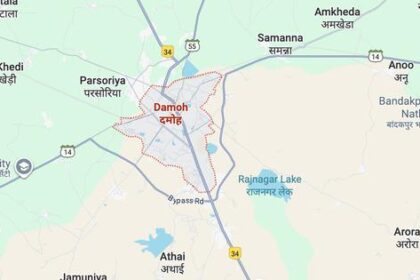Khasis face hurdles in preserving their forest-based livelihoods due to climate change and erratic weather patterns.
The Khasis, an Indigenous community residing in Bangladesh’s northeastern region, rely heavily on betel leaf-based agroforestry for their livelihood. This traditional practice is currently threatened by factors such as drought and unpredictable rainfall, which have strained their agricultural routines. Gidison Pradhan Suchiang, president of the Khasi Social Council, represents the heads of 65 Khasi villages in the Sylhet region, emphasizing the critical connection between their livelihood and forest conservation. He stated, “If we fail to continue with our livelihood, we will no longer protect the forests.” This highlights the delicate balance the Khasis must maintain between sustaining their way of life and the health of the forests they depend on.
Surrounding each Khasi village, or punjee, are patches of evergreen forests, marked by a rich biodiversity that includes native timber and various plant species. These forests serve as more than just a backdrop; they are integral to the Khasis’ agricultural practices. The community engages in careful cultivation techniques, such as pruning excess foliage from support trees to allow sunlight to reach the betel vines. This method is not only sustainable but also vital for their betel leaf harvests, which are later processed and traded by Khasi women.
In Aliachhara Punjee, a 239-hectare expanse of evergreen forest, the community practices these agroforestry techniques diligently. For instance, 60-year-old Teresa Lakachiang sorts fresh betel leaves with the assistance of her daughter, Rose Merry Lakachiang. The matrilineal structure of their society plays a significant role in managing their agricultural practices, ensuring that the knowledge is passed down through generations. As Rose Merry articulates, “Betel leaf agroforestry is our only livelihood that thrives on the mature trees of a forest. That’s why we conserve trees. We live with the forest.”
Historically, the Khasis have cultivated betel leaf in harmony with their environment, a practice that aligns with their spiritual connection to nature. They maintain this relationship by avoiding harmful activities such as excessive logging and land disturbance. A 2013 study identified a diverse range of support trees integral to their agroforestry system, reinforcing the ecological richness of their cultivation practices.
However, the Khasis are increasingly facing the impacts of climate change, which disrupts traditional weather patterns critical for their agricultural cycles. A 2016 study revealed that Indigenous farmers, like the Khasis, are particularly vulnerable to these changes. Shifts in monsoon seasons and irregular rainfall have shortened their cultivation periods and reduced crop yields, leading to income losses. Farmers have reported significant declines in their betel leaf production, which is crucial for their economic stability.
To adapt to these challenges, some Khasis are diversifying their crops, exploring the cultivation of fruits and other plants while maintaining their commitment to preserving the forest ecosystem. Community initiatives, such as those led by Mariang, advocate for the integration of coffee cultivation into existing agroforestry systems without harming the environment. The Khasis are also calling for recognition and incentives for their role in forest conservation, as they protect over 2,020 hectares of natural forest in Sylhet. Their leaders argue that they should be compensated for their efforts in carbon offsetting, raising questions about the acknowledgment of their contributions to environmental sustainability.
Despite facing numerous challenges, the Khasi community remains resolute in their commitment to sustainable practices, emphasizing the need for support in their efforts to adapt to the evolving climate while preserving their unique cultural and ecological heritage.








